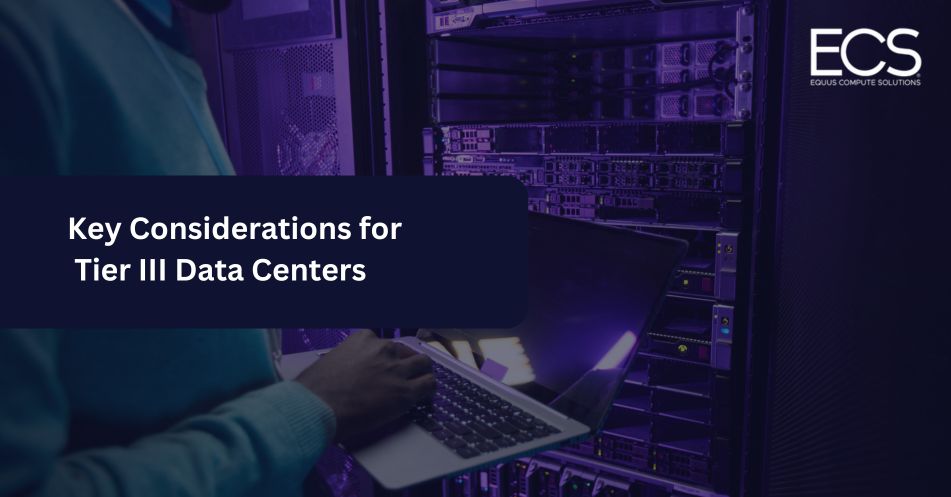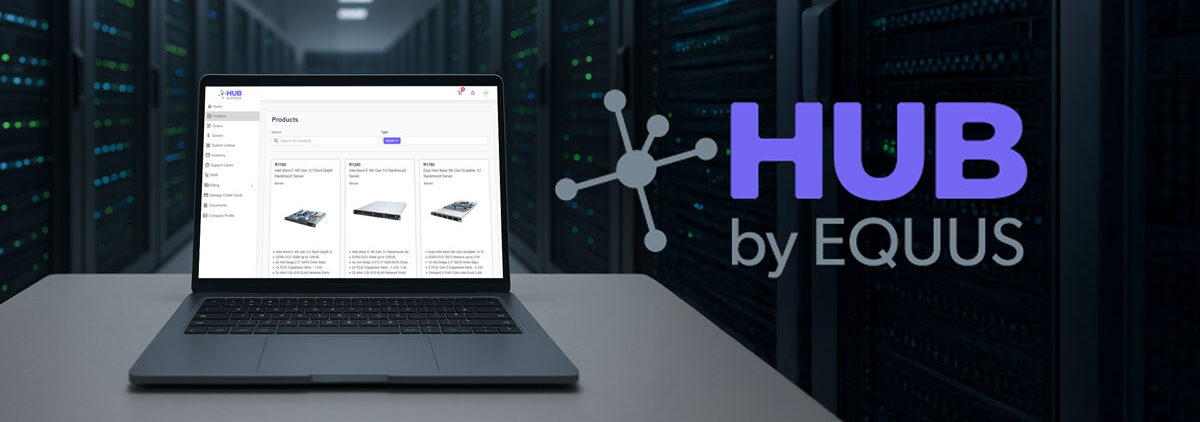When the Uptime Institute created the data center tier system in the mid-1990s, it was introduced as a way to standardize the design, construction, and operational processes of data centers, providing a benchmark for the reliability and performance of these facilities. At N+1 redundancy, concurrent maintainability, and 99.982% uptime, Tier III is a standard for large businesses and government entities, requiring a level of rigor and attention to detail that surpasses the needs of Tier I or Tier II facilities. For leaders of Tier III data centers, it’s crucial to ensure that every aspect of the operation is fine-tuned to meet the standards expected from the classification. Here are a few important considerations every Tier III facility needs to keep in mind at all times.
Budget and Cost Management
Managing the budget for a Tier III data center is complex and requires a comprehensive cost analysis to understand the financial implications fully. Building and maintaining a Tier III facility involves significant investment, and leaders must secure adequate funding not just for the initial construction but also for ongoing operational costs. Balancing the high costs of infrastructure, energy consumption, and skilled personnel against the need for scalability and reliability is a tall order, especially when attempting to predict future needs for capacity, cooling, and power.
Operational Procedures
One of the most critical areas of focus is developing and adhering to detailed maintenance protocols. Unlike Tier II or I facilities, where downtime may be more tolerable, a Tier III data center must be capable of maintaining all components without any disruption to services. This requires a robust disaster recovery plan that is not just a formality but a living, actionable protocol designed to address potential failures and enable swift recovery. Additionally, establishing a Network Operations Center (NOC) for 24/7 monitoring and management is essential. This ensures continuous oversight of the data center’s operations, allowing for immediate response to any issues that arise.
Skilled Personnel
Although much attention is paid to technical matters, the human element is equally important. Operating a Tier III data center requires a team of highly skilled personnel who are trained in data center operations, maintenance, and emergency procedures. Staffing should be robust, with engineers, technicians, and security professionals available around the clock to handle any situation that might arise. In some markets, hiring and retaining quality staff can be especially challenging, making the expertise of the team even more crucial to maintaining the high standards expected of a Tier III facility.
Physical Security
Physical security in a Tier III data center must be airtight. This involves implementing stringent access control measures, such as biometric scanners and key card systems, to ensure that only authorized personnel can enter critical areas. Comprehensive surveillance systems are also a must, with cameras covering all essential zones to monitor and record activities continuously. Additionally, securing the perimeter with fences, barriers, and security checkpoints is necessary to prevent unauthorized access and ensure the safety of the facility.
Compliance and Certification
Compliance is another area that cannot be overlooked. Tier III data centers must adhere to stringent local, national, and international regulations, ensuring that the facility operates within legal boundaries and meets industry standards. For many facilities, standards like ISO/IEC 27001, ISO 9001, or TIA-942 are not just window dressing, but necessary steps to validate that the data center meets the requirements of its users. From HIPAA to LEED, certifications reassure clients and stakeholders of the facility’s reliability and operational excellence.
Getting A Handle
By focusing on these key areas, leaders can ensure that their Tier III data centers operate at the highest levels of efficiency and reliability, meeting the demands of clients and stakeholders while maintaining the rigorous standards set by the Uptime Institute, among others. Managing these areas concurrently, however, can be a daunting assignment.
Luckily, data centers don’t need to go it alone. Trusted advisors such as ECS leverage our experienced solution architects, consultants, engineers, and product program managers and their technical expertise to serve your facility in a way that optimizes both performance and cost efficiency. From budgeting to system design to installation, ECS can handle the nuts and bolts of your operation so you can focus on your clients.
To learn more about why you should choose ECS, click here.








